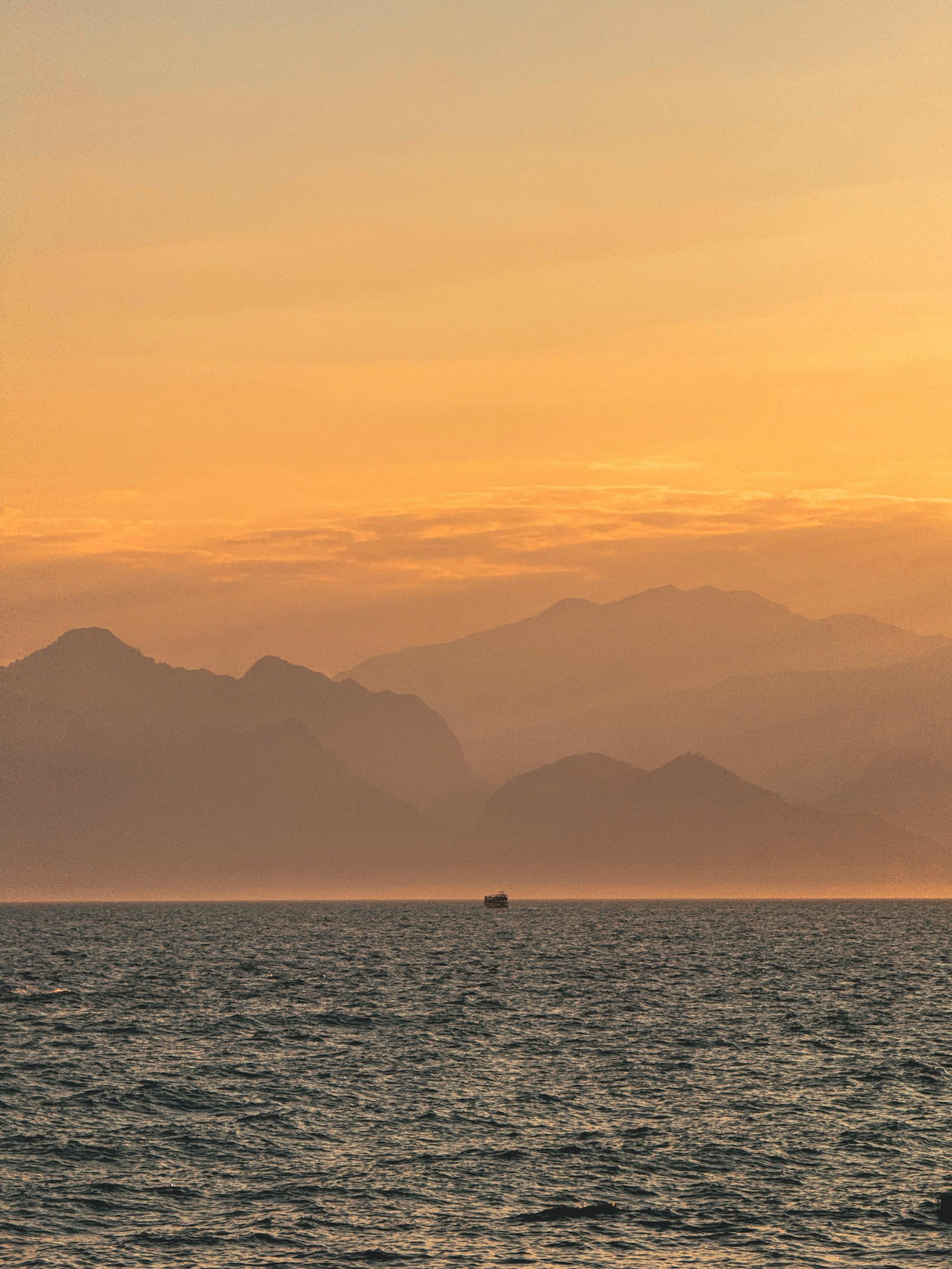EU's Strategy to Sever Natural Gas Supplies from Russia Appears Challenging
Europe's push to wean itself off Russian energy, following the invasion of Ukraine in 2022, has made significant strides through strategic moves and market diversification. Here's a lowdown on how the ball's been rolling:
Key Strategies and Progress
- Sanctions and Contract Breakups: The European Union (EU) has imposed sanctions on Russian energy exports, including proposed bans on new contracts for Russian fossil fuels. These measures aim to further halt Russian energy influxes and are outlined in the European Commission's roadmap slated for May 2025.
- REPowerEU Plan: Launched in 2022, the REPowerEU plan allocates €400 billion for investments in LNG infrastructure, renewables, and energy efficiency, targeting a 10% dependency on Russian gas by 2030.
- Diversification and Renewables: Europe has expedited the transition to homegrown renewable energy, boosted LNG imports from global players, and ramped up energy efficiency initiatives. Switching heating and industry to electricity and ramping up renewables are critical focus areas.
- Reduction in Pipeline Gas Imports: Russian pipeline gas deliveries to Europe have seen a dramatic drop since 2022, with LNG supply growth expected to offset the decline in Russian piped gas.
- Phasing Out Russian Fossil Fuels: The EU’s action plan includes a roadmap toward ending Russian energy imports altogether, with the REPowerEU plan serving as a cornerstone.
Remaining Reliance on Russian Energy
Despite these efforts, Russian energy still has a presence in European markets:- Ongoing LNG Imports: Russia accounts for 19% of the EU's total gas and LNG as of 2024, with an increase in some cases due to challenges in replacing Russian supply in the short term.- Loopholes and Sanction Gaps: Novatek, a significant Russian LNG producer, exports to European and global markets, pointing to sanctions loopholes that need to be tightened for effective enforcement.- Oil Dependence: Russian crude oil and petroleum products still reach European markets via third-party countries and pipelines to some refineries, although volumes have decreased. The official EU ban on seaborne Russian crude and refined products has been in place since late 2022, but indirect oil flows persist.
Summary Table: Europe's Russian Energy Dependence
| Energy Source | Pre-2022 Share | 2024 Share | EU Target (2030) | Key Actions ||------------------------|---------------|------------|------------------|------------------------------|| Russian pipeline gas | ~40% | Significantly lower | <10% | REPowerEU, LNG terminal investments, efficiency measures[4][5] || Russian LNG | Minimal | 19% of EU gas/LNG | As low as possible | Ban on new contracts under consideration[1][4] || Russian oil | Significant | Much lower (varies by country) | Minimal/zero | Ban on seaborne imports, gray market flows persist[3] |
Conclusion
While Europe has made significant strides in reducing its reliance on Russian pipeline gas, some dependency remains, particularly for LNG and through indirect oil routes. The EU continues to work relentlessly toward ending imports of Russian fossil fuels, with ongoing policy and enforcement efforts to curtail the last remaining supply channels[1][3][5].
- The financial implications of Europe's sanctions on Russian energy exports, particularly new contracts for fossil fuels, are outlined in the European Commission's roadmap, which extends until May 2025.
- In the wake of the war and conflicts in Ukraine in 2022, Slovakia, along with the rest of Europe, has been actively working to wean itself off Russian energy, as per the REPowerEU plan.
- A critical focus area in this strategy is the consumption of renewable energy in the industry and finance sectors, as well as in heating, to replace the reliance on Russian oil-and-gas.
- Even though the overall percentage of Russian energy in European markets has seen a significant decline, there are still some loopholes in sanctions, such as those exploited by Russian LNG producer Novatek.
- The politics surrounding policy and legislation in the energy industry, especially with regard to war and conflicts, continues to be a general news topic as the EU works to close these sanction gaps.
- Despite the reduction in pipeline gas imports from Russia, the consumption of LNG from Russian sources, although lower, still comprises 19% of the EU's total gas and LNG as of 2024.
- With ongoing efforts to diversify energy sources and tighten sanctions, the EU aims to end its reliance on Russian fossil fuels entirely by 2030, as proposed in the REPowerEU plan.










